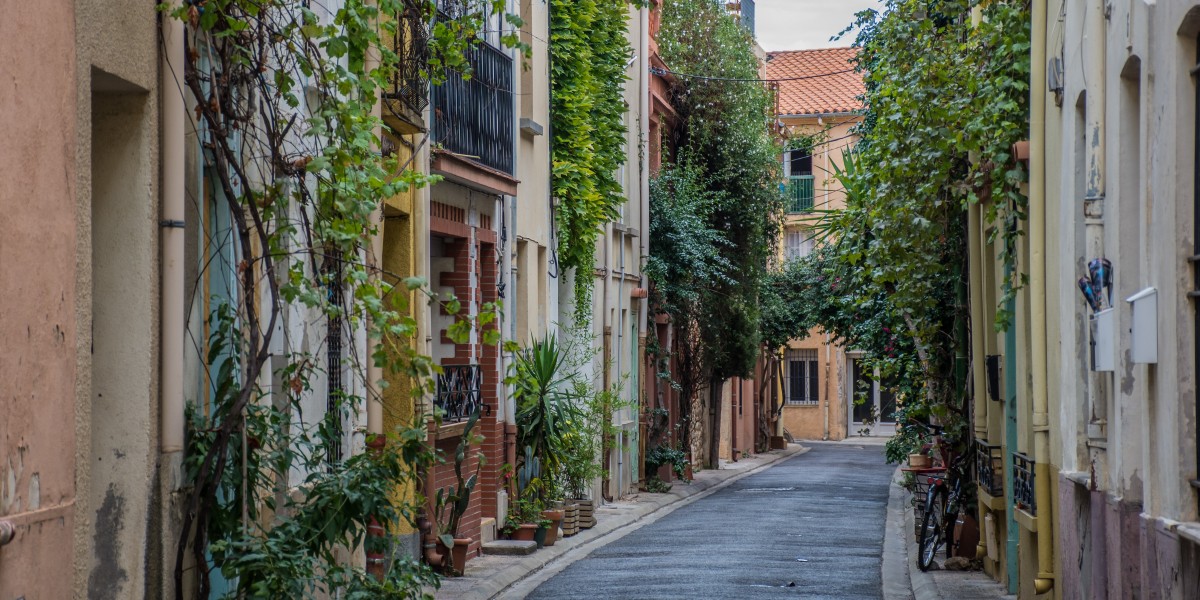With a third of the world’s population in lockdown because of the coronavirus, the environment is getting a break from the pollution of everyday activity. Countries are reporting falls in carbon dioxide and nitrogen dioxide of as much as 40%. There are reports of deserted cities where plants are creeping back, animals return and birdsong fills the air. For many, it is offering a glimmer of hope and a look at what a carbon neutral world might look like.
On the upside
Restrictions on travel, work and industry is cutting billions of barrels of oil, trillions of cubic metres of gas and millions of tonnes of coal from the global energy system. If this trend continues, it would lead to the fossil fuel industry’s biggest drop in CO2 emissions on record. It would, in a single year, eclipse the carbon slumps triggered by the largest recessions of the last 50 years combined.
We know how dramatically greenhouse gas emissions have risen since the early 1900s. The only times that significant declines occurred was during the world wars, sweeping economic contractions or large-scale geopolitical events such as the fall of the Soviet Union.
Considering this data, it can be expected that emissions will sharply rise again when (and if) the economy restarts. Retaining a healthier and cleaner world depends on a number of factors but mainly around any long-term political decisions made to get the economy back on its feet.
Warning signs
Reports are already surfacing that not all is well. In March, large-scale logging resumed among accusations the NSW EPA issued permits without considering the impacts on koalas and other wildlife impacted by the bushfires.
This important article in The Conversation summarises recent key environmental stories that most of us probably would have missed otherwise – from coal mining under a Sydney water reservoir to the heatwave in Antarctica, bleaching of coral reefs, Victoria green-lighting onshore gas exploration and Trump rolling back environmental rules.
Where to from here?
With the world in a state of flux we must keep our focus on this other Great Crisis – the climate emergency. So far, we have managed to rise up and extend a hand to those in need. We are seeing an uprising of kindness and care towards our neighbours, our elders and our most vulnerable.
Let’s make sure we all keep working towards a cleaner future, too. Let’s keep up to date with all that affects the environment and by all means, let’s keep speaking up and keep it on the political agenda


